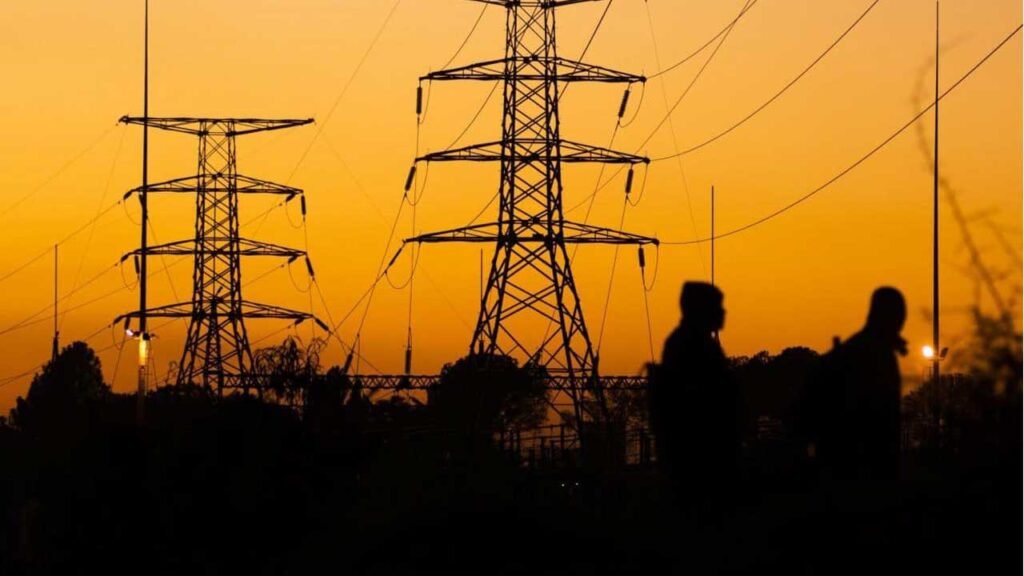NIGERIA’s national grid collapsed again on September 19, 2023, with power generation dropping from a peak of 3,594.60 megawatts (MW) at midnight to a meagre record of 42.7MW at midday. Only the Delta Power plant was active on the grid at noon, with 41MW, while Afam had 1.7MW. This is the first time in 13 years, power dropped this low.
News Point Nigeria reports that, at 11:32am all of the commercial hub of Lagos lost power supply from the grid. It is now blamed to be a national system collapse.
This is the third collapse in less than a month that the Nigerian national grid has had, and it comes barely five days after the grid collapsed twice within a space of more than 12 hours.
The collapse of the national grid has resulted in a nationwide blackout, with many Nigerians without electricity. The Transmission Company of Nigeria (TCN) has not yet released a statement on the cause of the collapse. Still, it is likely due to inadequate infrastructure, gas supply problems, and transmission system constraints.
The collapse is also a significant setback for Nigeria’s economy and development. Nigeria is estimated to lose billions of dollars each year due to power outages. The outages also harm the quality of life of Nigerians, making it difficult for people to work, study, and run their businesses.






